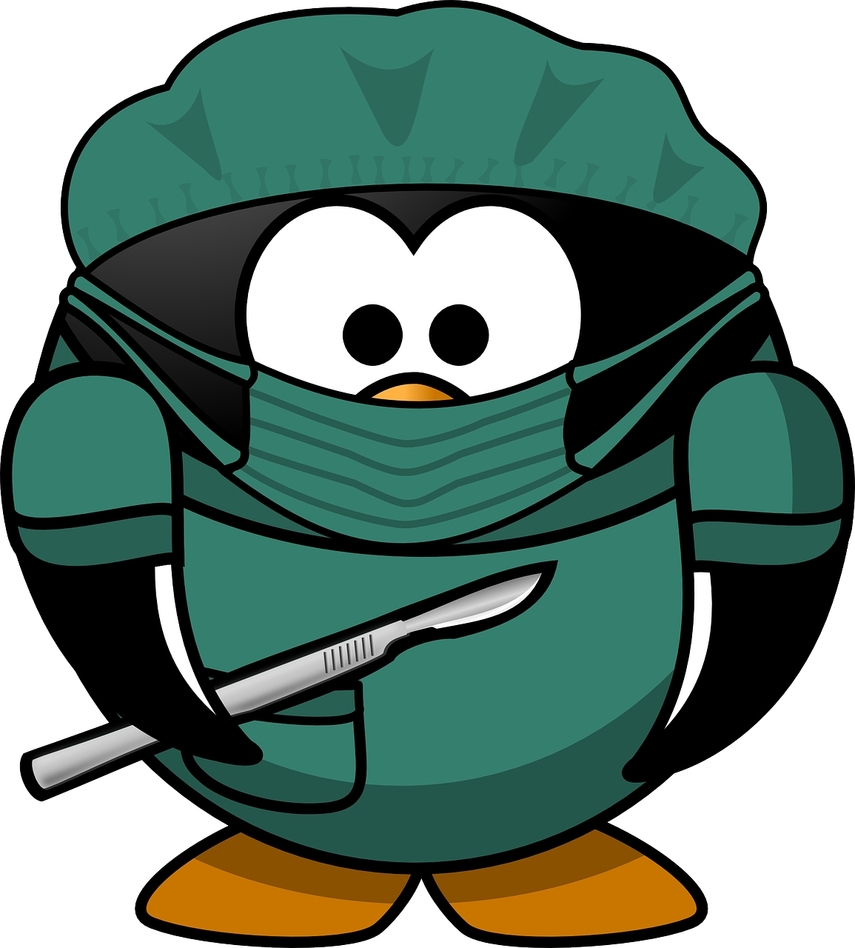Visiting a doctor

If you need to see a doctor during your stay in Germany, you will find initial information on this topic here. In general, you need an appointment for every visit to the doctor - unless it is an emergency. If you are seeing a doctor for the first time in Germany, the Welcome Centre will of course be happy to help you make an appointment.
In any emergency, please call the emergency doctor (phone: 112) or go directly to the emergency room of a hospital. There are two hospitals in Saarbrücken:
Finding a doctor
As a start you can of course search for the words "Arzt" (doctor) and "Saarbrücken" (or another city) in an online search engine. This way you will find numerous doctors and their contacts.
The Kassenärztliche Vereinigung Saarland (KV Saarland) offers a doctor search database where you can search for specific doctors and even foreign languages. We therefore recommend that you also check here to see if you can find a doctor with your native language; English-speaking doctors are in any case plentiful.
As a rule, you usually first visit a general practitioner. This doctor can then refer you to a specialist if necessary - you will then receive a so-called referral slip ("Überweisung").
For some doctors, however, it is not necessary to go to a general practitioner first. For example, you can book an appointment directly with a dentist, gynaecologist or ophthalmologist. The KV Saarland doctor search also shows you doctors with these specialisations.
The KV Saarland doctor database
Psychiatrists: Currently, there may be very long waiting times for psychiatrists. Even with an urgent referral (Dringlichkeitsüberweisung), it can take several months before an appointment is available. It is therefore recommended that you first consult your general practitioner. In certain cases and for a limited period of time, general practitioners can prescribe or continue medication to bridge the gap until you can see a specialist. However, this is no substitute for psychiatric treatment.
If you are planning a stay in Germany and are already undergoing psychiatric treatment, please find out in plenty of time about the possibility of bringing medication for your personal needs with you to Germany, ideally for several months. A doctor's letter (in English or German) makes it much easier to ensure a seamless supply.
At the doctor's office
- Start by registering at the reception desk. If it is your first visit, you will usually have to fill in a questionnaire and state, for example, whether you have any pre-existing conditions.
- You will be asked for your insurance card directly at registration, please always have the necessary documents or your insurance card with you!
- Usually you will have to wait in the waiting room first and then you will be called and can see the doctor.
- If you have to take medication regularly or have pre-existing conditions, it is best to bring documents and, if necessary, the medication with you to the appointment.
- If you are ill and have an exam or have to work, then the doctor can give you a so-called sick note ("Krankmeldung"). This is then the official proof that you are ill and cannot attend the exam or go to work.
- If you have time, prepare a few key words in German. However, most doctors now also speak some English. You can also download a little dictionary for doctor's visits from the student union. We recommend that you definitely take a look at this, even if you are not ill.
At the pharmacy
- Certain medications you can simply at the pharmacy (for example painkillers or nasal spray).
- For many medications, however, you need a prescription from your doctor. This is the case, for example, with antibiotics or contraceptives such as the birth control pill. You must then present this prescription to the pharmacy and receive the medication.
- Many medications are included in your health insurance, but you still usually have to pay a small prescription fee. It is also possible that you will have to pay for some medications completely yourself. The doctor or the pharmacy can give you this information.
Pharmacies in Germany are only open during normal working hours, usually including Saturday. If you need a pharmacy in the evening or on Sunday, you can use the so-called emergency service search. Here you will find pharmacies that are also open at night:
